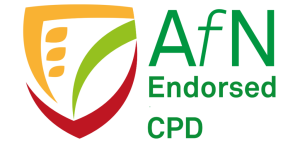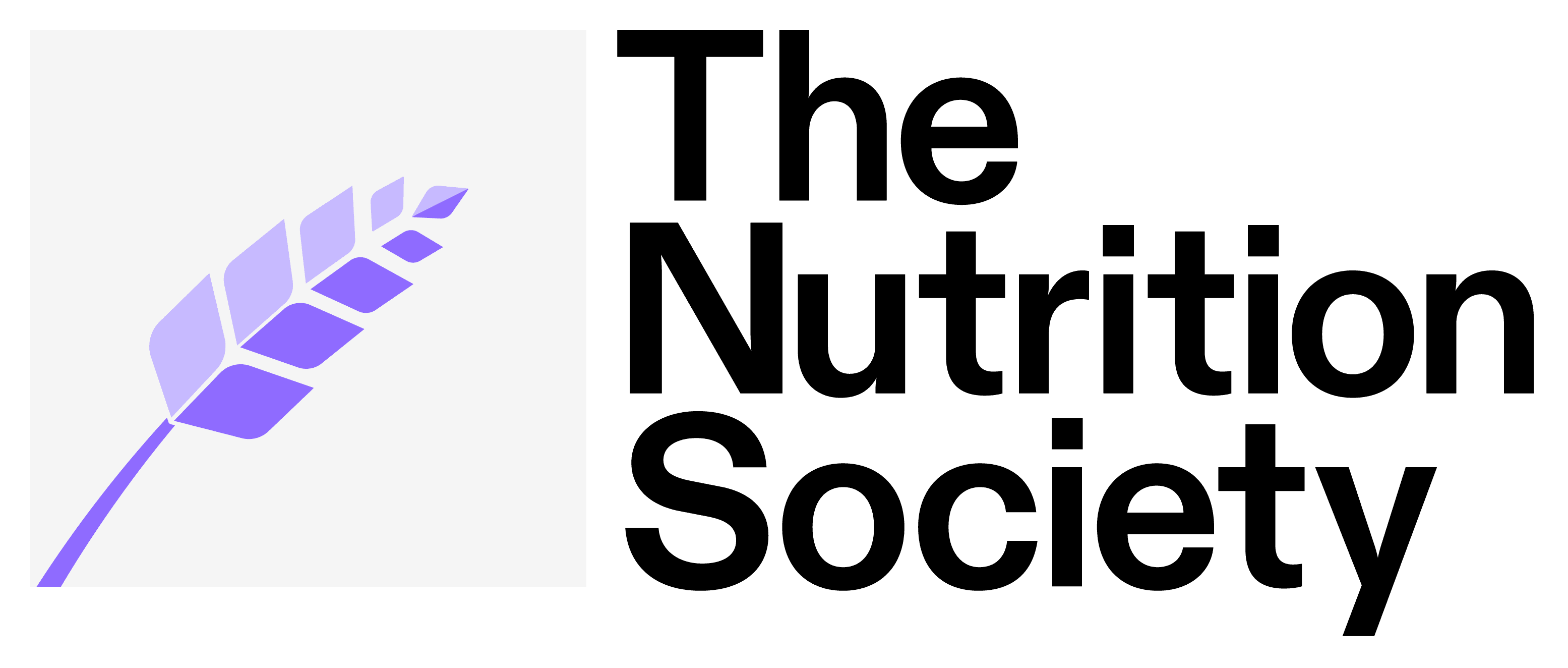This webinar is hosted and delivered by the AOAC
Whilst nutrient databases do exist in many countries across Africa, there are sometimes difficulties in determining veracity. Although analysis is taking place in laboratories across the continent, data is provided by a wide variety of sources where methods may differ, possibly based on availability over applicability. Incidentally, some national laboratories are food safety laboratories which have been adapted to test food composition. In turn this may create challenges around equipment reliability and the need for additional training of personnel. Change can also impact analytical data veracity, such as dietary patterns diversifying i.e., greater consumption of western foods e.g, pasta over traditional African foods. Additionally, the way in which commodities are prepared is changing. Such practices can alter the nutrient content and bioavailability of foods, altering the validity of the data available, which in turn is used to inform nutritional policies. This webinar reflects on the current nutrient databases, their development, and the challenges in implementing change to strengthen accuracy and reliability of the databases that are informing nutritional policy.
- Understand the differences in laboratory analysis and varying output across the continent
- Gain insights into the potential impact of laboratory performance on informing policy
- Analyse the various factors that can influence food composition data
 Endorsement No EN175.53
Endorsement No EN175.53
Course Features
- Lectures 2
- Quiz 0
- Duration Lifetime access
- Skill level All levels
- Language English
- Students 214
- Certificate Yes
- Assessments Yes











